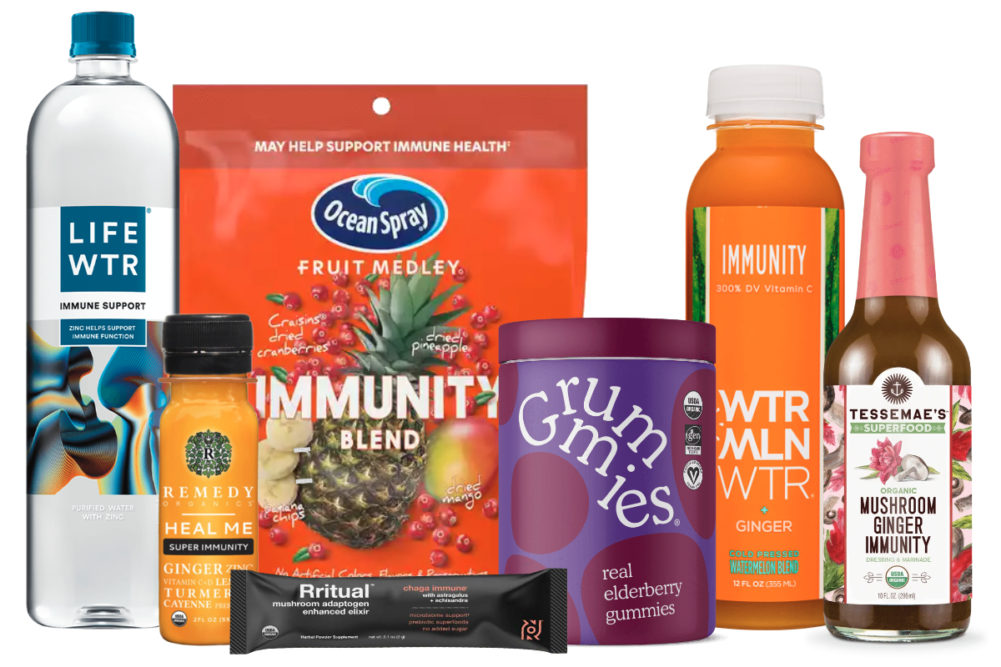ARNHEM, THE NETHERLANDS — A quarter of consumers globally have become more concerned about their immune health since before the COVID-19 pandemic, according to research from Innova Market Insights.
The most significant increase was among millennials and younger Gen X ages 36 to 45 years old. Higher levels of concern among those age groups may indicate the potential for longer-term consumer interest, according to Innova.
“Alongside these rising concerns, consumers are taking a more holistic approach, with getting enough sleep, being physically and mentally healthy and eating the right things ranking highly as ways of achieving immune health,” said Lu Ann Williams, global insights director at Innova Market Insights.
In Innova’s 2020 consumer survey, consumers cited choosing foods that are naturally high in nutrients as one of the top means of achieving immune health, behind getting enough sleep and being physically healthy. Overall, nearly 60% of global consumers said they were looking for food and beverages to help them in this regard.
“Consumers are taking a more holistic approach, with getting enough sleep, being physically and mentally healthy and eating the right things ranking highly as ways of achieving immune health.” — Lu Ann Williams, Innova Market Insights
Immune health claims already were trending upwards before COVID-19, particularly in Europe and North America, according to Innova. It was one of the fastest-growing health claims in food and beverage in terms of the number of new product launches between 2016 and 2020.
Excluding supplements, immune support claims currently are focused on three food and drink categories, including dairy products such as yogurts and fermented beverages, sports nutrition products and baby and toddler products, according to Innova. These three categories accounted for a combined 73% of immune claims on new products in 2020. Smaller but growing categories include soft drinks and hot beverages and specifically juice drinks and teas.
With more consumers incorporating mental and emotional well-being into their definition of health, opportunities may exist for food and beverage marketers to combine immunity ingredients with other “feel good” claims, such as mood, emotional well-being, relaxation and sleep.
“Immunity may become less top of mind as the immediate threat of the current pandemic subsides,” Ms. Williams said. “But if products are easy to integrate into daily lives and have established benefits, they are likely to continue to be sought after as part of the ongoing move to healthier lifestyles and the more proactive and holistic approach to health.”

